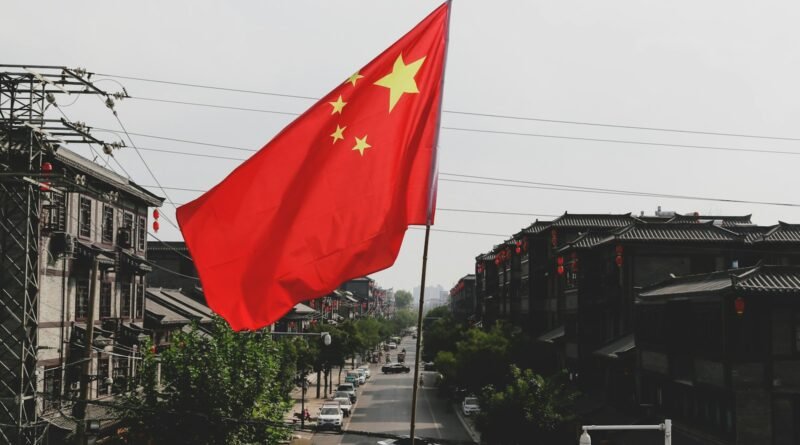Trump Extends China Tariff Deadline: Exclusive 90-Day Game Changer
Key Takeaway:
President Donald Trump has signed an executive order extending the deadline to increase U.S. tariffs on Chinese imports by 90 days. This move temporarily delays a significant escalation in trade tensions, providing a period of more stability for markets closely monitoring U.S.-China economic relations.
—
The Trump administration has officially postponed a planned tariff increase on Chinese goods, avoiding an immediate spike in trade tensions between the world’s two largest economies. President Donald Trump signed an executive order on August 11, 2025, which extends the current 10% tariffs on approximately $300 billion worth of Chinese products for an additional three months.
Originally, the tariffs on many Chinese imports were scheduled to jump to 25% by mid-August. However, the extension now pushes this deadline to mid-November, offering temporary relief to businesses and investors across sectors sensitive to U.S.-China trade policies.
Tariffs have been a central issue since the U.S.-China trade war intensified in 2018, leading to back-and-forth tariff impositions impacting everything from consumer electronics to industrial equipment. The 10% tariffs, in particular, have had broad implications, affecting companies listed on the NASDAQ and S&P 500, including tech giants whose supply chains depend heavily on China.
This deferral aligns with ongoing trade discussions, providing additional time for negotiations between the two countries. While the administration has not ruled out further tariff actions, this executive order signals a temporary pause to allow for potential diplomatic engagement.
From a financial standpoint, the decision is noteworthy. Market participants, especially those involved in commodities and global supply chains, have been monitoring tariff deadline shifts keenly. The delay may help alleviate pressure on sectors like technology, consumer goods, and manufacturing, all of which have faced increased costs due to tariffs. Companies with significant exposure to Chinese imports might see some easing of cost inflation in the near term.
In the cryptocurrency sphere, trade tensions often influence market behavior indirectly. Heightened geopolitical or trade uncertainties tend to boost interest in decentralized assets like Bitcoin (BTC) and Ethereum (ETH), viewed by some investors as hedges against economic disruptions. The tariff postponement could moderate such volatility as risk-on sentiment receives a short-term boost from reduced trade conflict fears.
The broader investment community will be watching closely how China responds and whether this extension leads to substantive progress in trade talks. If diplomacy advances, it could lay the groundwork for scaling back tariffs entirely, which would have widespread implications for global economic growth and cross-border investment flows.
Analysts also note that the executive order’s timing is crucial given upcoming U.S. midterm elections, where trade policy remains a hot-button issue. By pushing back the tariff increase, the administration may be seeking to avoid another escalation of consumer prices or business uncertainties in an election season already rife with economic concerns.
In sum, while the extension does not resolve the underlying trade disputes, it temporarily reduces one of the key immediate risks facing markets and companies engaged in international commerce. Investors and traders, particularly within the finance and crypto sectors, should remain vigilant as further developments unfold.
—
Source: https://www.cnbc.com/2025/08/11/trump-china-tariffs-deadline-extended.html

